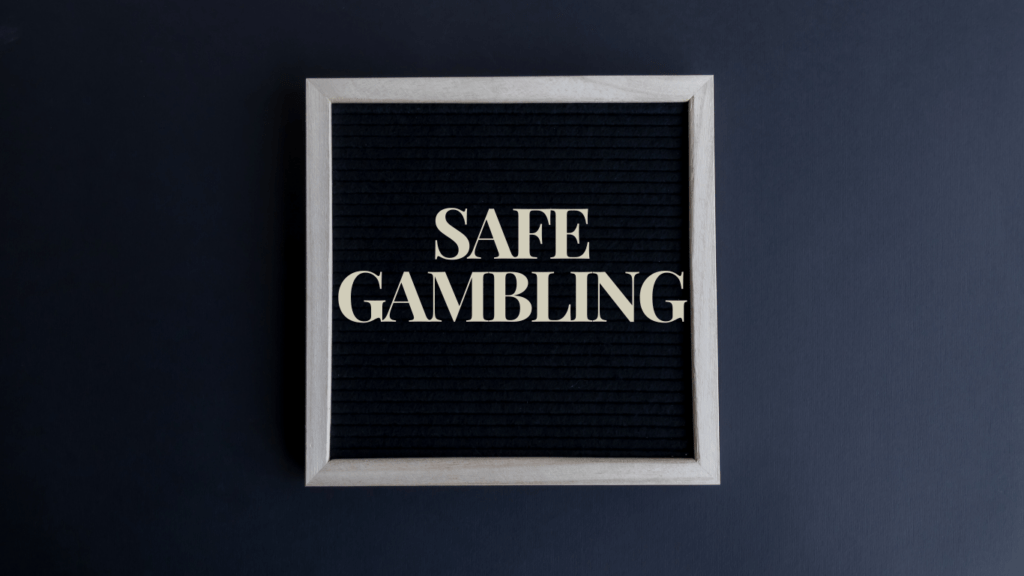Overview of Atlantic City’s Casino Industry
Atlantic City remains a significant hub for gambling on the East Coast. Casinos continue to draw visitors year-round, contributing notably to the local economy.
Current State of the Gambling Industry
The gambling industry in Atlantic City includes nine casinos. Major players such as Borgata, Harrah’s, and Caesars Entertainment dominate the market.
These casinos offer a range of gaming options like slot machines, poker tables, and sportsbooks. Online gambling has seen growth, with platforms like DraftKings and FanDuel expanding user bases.
Economic Impact of Casinos in Atlantic City
Casinos in Atlantic City generate substantial revenue and provide employment for thousands. In 2022, the industry generated $3.27 billion in gross gaming revenue.
The casinos also support related sectors, including hospitality, dining, and entertainment. Events and conventions hosted by casinos attract additional tourists, further boosting the economy.
| Casino | Key Offerings | 2022 Revenue (in millions) |
|--------|---------------|----------------------------|
| Borgata | Gambling, dining, entertainment | $848 |
| Harrah's | Gambling, lodging, dining | $487 |
| Caesars | Gambling, entertainment | $482 |
Sources: New Jersey Division of Gaming Enforcement
With the launch of the Responsible Gaming Task Force, the focus shifts to ensuring safety and well-being in this thriving atmosphere.
Introduction of the State Responsible Gaming Task Task Force
Atlantic City casinos now host the State Responsible Gaming Task Force. This initiative underscores the critical need for responsible gambling practices.
Goals and Objectives of the Task Force

The State Responsible Gaming Task Force sets out specific objectives.
- First, enhancing player support and education. It seeks to create awareness about responsible gambling and mitigate addiction risks.
- Second, implementing robust monitoring systems. Better tracking systems help identify problematic gaming behaviors early.
- Third, fostering collaboration between casinos and public health officials.
- Effective partnerships improve the overall impact of responsible gaming measures.
- Finally, continuous evaluation and adaptation. The task force regularly assesses its strategies, ensuring they meet current needs.
How the Casinos Are Supporting the Task Force
Atlantic City casinos actively support the task force. Borgata, Harrah’s, and Caesars Entertainment offer on-site resources. They provide information on responsible gambling and helplines for immediate support.
Casinos also train staff to recognize and address problem gambling behaviors. They set up self-exclusion programs. These allow players to voluntarily ban themselves from gaming activities.
Additionally, they promote campaigns to educate the public on responsible gaming. By collaborating with the task force, casinos ensure a safer gambling environment.
Strategies Implemented by Casinos for Responsible Gaming
Atlantic City casinos employ various strategies to promote responsible gaming, ensuring player well-being and reducing gambling-related harm.
Employee Training and Awareness Programs
Casinos train employees to identify and address problem gambling behaviors.
Staff receive comprehensive training on recognizing signs of gambling addiction, handling situations discreetly, and offering support resources to affected patrons.
For example, dealers, security personnel, and customer service staff undergo periodic workshops where they learn intervention techniques.
This continuous education empowers employees to act proactively, fostering a safer gaming environment.
Tools and Resources for Gamblers
Casinos provide gamblers with numerous tools and resources to promote responsible gambling. Systems like self-exclusion programs allow players to voluntarily ban themselves from casino premises for a specified period.
Other tools include:
- setting personal spending limits
- viewing detailed account summaries
- accessing helplines directly through gaming terminals
Additionally, informational brochures and digital interfaces in casinos offer guidance on recognizing gambling issues and seeking help, ensuring that support is accessible to all patrons.
Impact and Reception of the Task Force
Atlantic City’s Responsible Gaming Task Force has made waves since its inception. Local communities and casino patrons have responded notably to these changes.
Response from Local Communities
Community members have largely welcomed the task force initiative. Local organizations praise its commitment to addressing problem gambling.
Public health officials appreciate increased collaboration. Educational campaigns garner positive attention from social service groups.
Feedback from Casino Patrons
Patron feedback indicates an improved casino experience. Many feel safer knowing staff are trained to handle problem gambling. Self-exclusion programs offer relief to those struggling.
Informational brochures and helplines provide easy access to support. Overall, the task force’s measures enhance patron trust and satisfaction.
Challenges and Opportunities
The introduction of the Responsible Gaming Task Force in Atlantic City brings both challenges and opportunities for the casino industry.
Addressing Gambling Addiction
Addressing gambling addiction in Atlantic City casinos presents significant challenges. The industry’s primary hurdle is identifying at-risk individuals among thousands of patrons.
Timely intervention hinges on efficient monitoring systems and trained personnel.
Borgata, Harrah’s, and Caesars Entertainment, for example, invest heavily in employee training and advanced software to detect problematic behaviors.
Implementing robust educational campaigns and offering resources like self-exclusion programs help in mitigating the risks of addiction.
Increasing collaborations with mental health professionals ensures comprehensive support for affected patrons.
Balancing Profit and Responsibility
Balancing profit and responsibility is a delicate task for Atlantic City casinos. Casinos must find ways to maintain profitability while promoting responsible gambling.
Enhanced training and the installation of monitoring systems require financial investment, impacting short-term profits.
Despite this, Borgata and Caesars Entertainment see long-term benefits in fostering a safer gambling environment.
Transparent communication about responsible gaming initiatives helps build patron trust, translating into sustained customer loyalty.
Ultimately, the commitment to responsible gaming aligns with a sustainable business model, combining ethical practices with economic growth.


